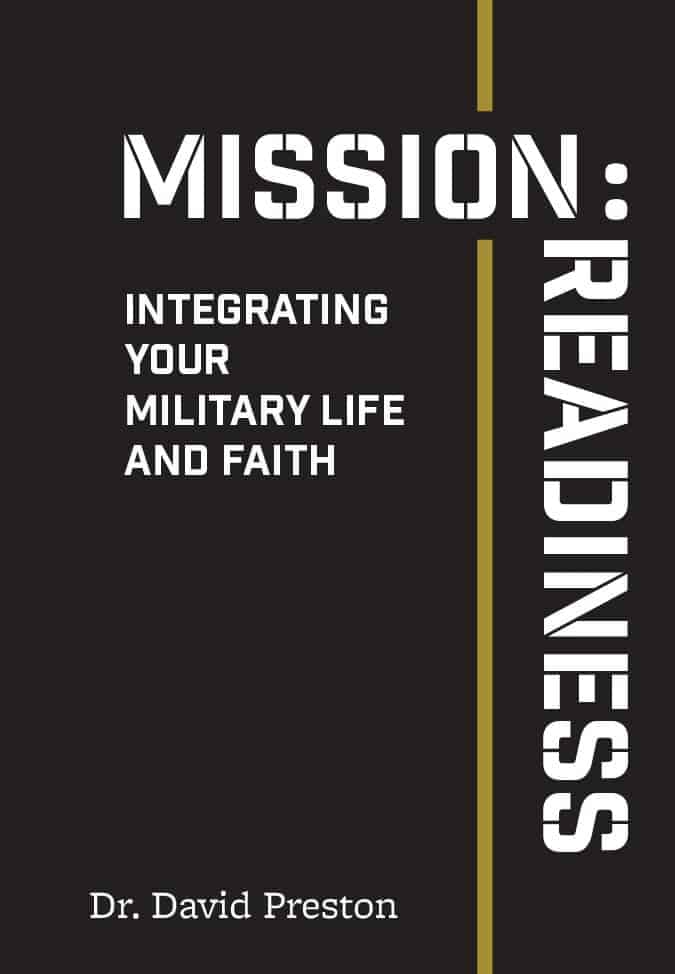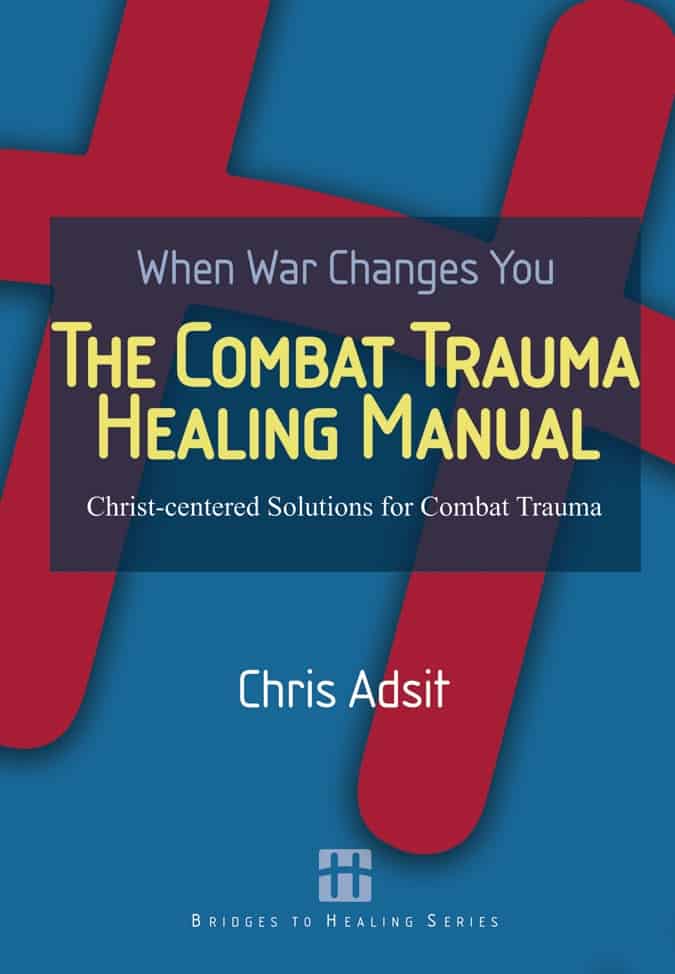The Right Reasons for Discipleship

Two years after graduating from Penn State, Roger Hershey visited his alma mater and dropped in on the weekly Cru meeting. There he made an unexpected acquaintance.
After the meeting, Roger was approached by a student named Doug, who introduced himself and began to share his personal story of how he had come to Christ. As his story unfolded, Doug mentioned that he had been led to Christ and been discipled by a guy named Lee.
“Lee. You mean Lee Carerra in the Theta Chi House?” Roger asked.
Roger recalled that Lee Carerra had come to Christ through a man named Jack, who was also in the Theta Chi House. He then remembered that Jack had come to Christ when Roger and a friend named Zeke sat down with Jack and led him to the Lord.
As Roger stood talking with Doug, who had been led to Christ and discipled by Lee, who had been discipled by Jack, who had once been discipled by Zeke (a man Roger himself had discipled), Roger realized he was now standing before his own spiritual great-great- grandson.
And in that moment, all the activities Roger could count as accomplishments throughout his college career – marching band, cheerleading, fraternity brother, just to name a few – paled in comparison to the reward of witnessing a life like Doug’s transformed by the Gospel – a transformation that resulted from a series of relationships, originating with Roger himself.
It’s been 30 years since that encounter, and Roger Hershey says, “I always point back to the fact that I had the privilege of investing my life in young men who now, years later, invested their lives in men... and down the road there will be hundreds of people’s lives who have changed because of the privilege of discipleship I had in college.”
This is why Cru exists. Cru is not a movement of fellowship and worship. Cru is not a movement of small groups and parties. We like to worship, fellowship, have parties, etc. But Cru is about evangelism and discipleship.
Here are three reasons why:
1. Because it’s Biblical
In Matthew 28:18-20, we are commanded to make disciples. Jesus said “go into the world and make disciples”. He didn’t say “go into the world and make fellowship groups,” “go into the world and have parties,” or “go into the world and make campus Christian clubs.” He said “go into the world and make disciples’. That is the Great Commission. That’s why we’re serious about it. It’s what Jesus told us to do.
2. Because Jesus Did it
Study the Gospels and you will see that while Christ ministered for three years to masses of people, He primarily spent his time with twelve men into whom He poured His whole life. He took them everywhere with Him, taught them, trained them, and invested His life into them. They caught the life of Christ by spending time with Him.
Jesus ushered in a spiritual kingdom that has lasted more than two thousand years because he invested his life in twelve men. Robert Coleman’s book The Master Plan of Evangelism is a study of the life of Christ and how He took those twelve men and discipled them. If we are going to give our lives to others, Jesus’ strategy is probably the best strategy.
There are a lot of ways that people grow and are developed, both in church and on campus. On campus, we have weekly Cru meetings, retreats, Bible studies, parties, worship times, and fellowship. We create an environment where people can engage in our vision and grow through large-group teaching and fellowship.
But the heart of discipleship exists within small groups of believers who are building into each other’s lives at a deeper level – being held accountable to someone who is moving more deeply into their lives to help them work out what they’re learning. As James says, we want people not only to be hearers of the Word, but doers of the Word. Doing of the Word most often works itself out in the context of discipleship relationships.
The Growth ModelGrace + Truth + Time = Change or Growth
A relationship of grace is marked by a discipler who listens and seeks to understand the person. They communicate. They believe in the person. They encourage. They walk through life with the person – not only in victory, but also in failure and sin.
A relationship of truth is marked by infusing the word of God into our life – understanding it, learning how to apply it, being held accountable to live it out.
Discipleship relationships must be marked by Grace + Truth. Not one or the other. Discipleship is working out the truthful word of God in the context of a gracious relationship. Without someone relationally involved in their lives – loving them, extending grace to them, working through the hard stuff – believers may miss out on the abundant life Christ promises us.
3. Because the Benefits are Far-Reaching
The third reason we disciple is because of the far-reaching benefits of discipleship to our local movement, local church, and the body of believers around the world.
Benefit #1 – Healthy Community DiscipleshipAuthentic relationships can only emerge when we’re diving into one another’s lives. There is a depth within small groups and one-on-one relationships that cannot happen at a Cru meeting attended by 200 people. Depth is what discipleship is all about.
Benefit #2 – Movement GrowthA movement has long-term growth only as leadership is developed and reproduced. For example, if we start out with 20 leaders in the fall semester, and each of those 20 leaders disciples one person, we will have 40 leaders the following year.
If each of those original 20 disciples develops two more leaders, we will have 60 leaders. Consider that Jesus started with 12. The Gospels then talk of Jesus going from the 12 to the 70.
In the book of Acts, 120 were in the upper room praying with him. He went from 12 to 70 to 120. During Pentecost, Peter preached the Gospel for the first time, and 3,000 people believed.
Movement growth enables us to minister to more people. It means everyone on campus will have the opportunity to hear about Jesus and to grow more deeply in the knowledge of Him. Those kingdombuilding efforts will then in turn raise up more leaders.
Benefit #3 – Movement LongevityTwo thousand years after Jesus poured His life into the original 12 disciples, millions of people all over the world have been changed by the Gospel message. For us, movement longevity means that in 20 years, this campus will have a thriving, flourishing body of believers because of the investment made by our current leaders.
When we talk about discipleship, what is it we hope to produce? What does a mature biblical disciple look like?
- Biblical disciples walk by faith
They are developing their relationships with God by digging into the Scriptures and developing a prayer life. They start having consistent quiet times. Biblical disciples deal with issues of holiness in their lives. They’re dealing with sin, and developing a sensitivity to turn from sin when they see it in their lives. They are learning how to worship, and how to endure trials. They’re developing a walk with the Lord. - Biblical disciples communicate their faith
Biblical disciples are developing a heart for what is on God’s heart, and one of the things on God’s heart is people who don’t know Him. Biblical disciples have a heart for the lost, a growing compassion for the fact that people who don’t know Jesus, need to know Jesus. Biblical disciples want to know how to relate to non-Christians and how to share a personal testimony in a way that non-Christians can understand. They want to initiate spiritual conversations in a loving, tactful way, and learn how to answer the tough questions posed during those encounters. - Biblical disciples multiply their faith
They can take the things that God has taught them and pass them on to someone else. For instance, if they lead someone to Christ, do they know what to do besides invite them to Cru or take them to church? Biblical disciples can learn how to study the Word of God in depth, how to dig in, observe, and apply the Scriptures, so they themselves can ground a new believer in the faith by walking through Scripture with them. They can also learn how to follow-up with a new believer, lead a Bible study, and act as an accountability partner.
As you’re meeting with a biblical disciple, ask yourself: “Where is this person?”
- Do we need to focus on walking by faith? Are they spending time in the Word?
- Is this person already growing? Are they learning and doing the Word of God? Are they motivated to learn how to reach out to people around them who don’t know Christ?
- Is this person developed in many of these areas and eager to pass on the knowledge God has entrusted to them?



















